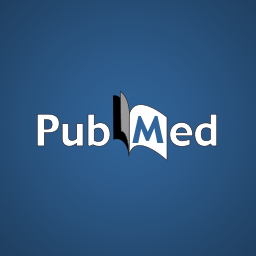Antrodia cinnamomea, a medicinal mushroom, has previously demonstrated anti-inflammatory activity, although the specific compound responsible for the effect remains unclear. The present study was designed to investigate the anti-inflammatory property of antrolone, a novel benzoid derived from A. cinnamomea mycelium, and to clarify the underlying mechanisms of action. To this end, murine macrophage RAW264.7 cells were treated with antrolone (0.1-30[Formula: see text][Formula: see text]M) 30[Formula: see text]min prior to stimulation with lipopolysaccharides (LPS, 0.1[Formula: see text][Formula: see text]g/ml) for 24[Formula: see text]h. Cell viability, nitric oxide (NO) and prostaglandin E2 (PGE2) production, levels of pro-inflammatory cytokines and chemokines, and the signaling pathways involved in the inflammatory cascades were then investigated. Our results show that antrolone significantly decreased LPS-induced NO, PGE2, pro-inflammatory cytokine, and keratinocyte chemoattractant CXCL1 (KC) production and reduced levels of the proteins inducible NO synthase (iNOS) and cyclooxygenase-2 (COX-2). These effects were independent of the effect of antrolone on macrophage cytotoxicity. Moreover, antrolone significantly inhibited the activation of the NF[Formula: see text]B, MAPK, and AKT pathways, while it increased nuclear factor erythroid-2-related factor (Nrf2) and heme oxygenase-1 (HO-1) levels. Our findings suggest that antrolone exhibits potent anti-inflammatory activity and may, therefore, be a lead compound for the development of an anti-inflammatory drug.
Health News
Antrodia cinnamomea (AC), an edible fungus growing in Taiwan, has various health benefits. This study was designed to examine the potential inhibitory effects of AC oligosaccharides on lipopolysaccharide (LPS)-induced inflammatory responses in vitro and in vivo. By trifluoroacetic acid degradation, two oligosaccharide products were prepared from AC polysaccharides at 90 °C (ACHO) or 25 °C (ACCO), which showed different oligosaccharide identities. Compared to ACCO, ACHO displayed better inhibitory effects on LPS-induced mRNA expression of pro-inflammatory cytokines including IL-6, IL-8, IL-1β, TNF-α and MCP-1 in macrophage cells. Further, ACHO significantly suppressed the inflammation in lung tissues of LPS-injected C57BL/6 mice. The potential anti-inflammatory molecular mechanism may be associated with the promotion of protein O-GlcNAcylation, which further skewed toward the marked suppression of p38 and Akt phosphorylation. Our results suggest that the suppressive effect of AC oligosaccharides on inflammation may be an effective approach for the prevention of inflammation-related diseases.




